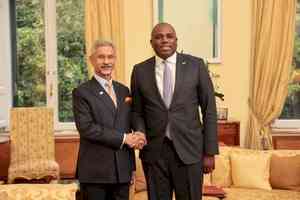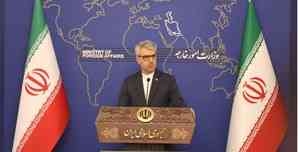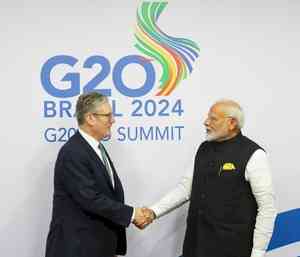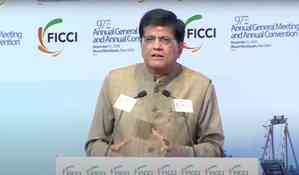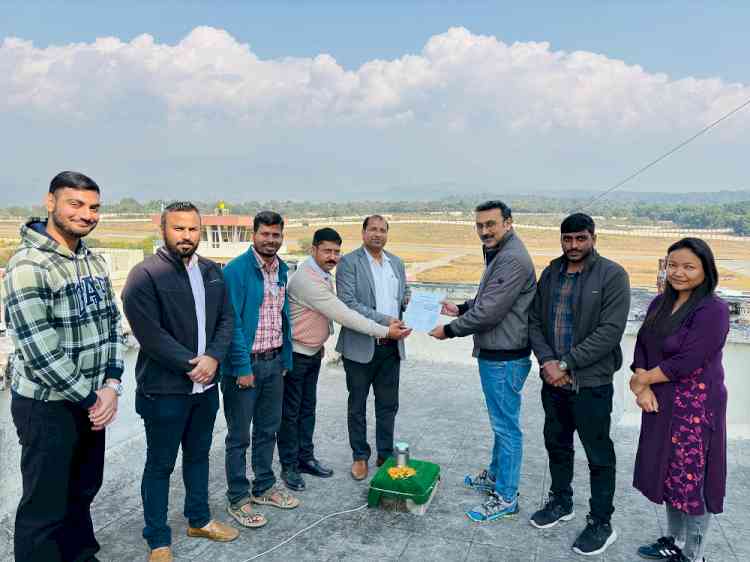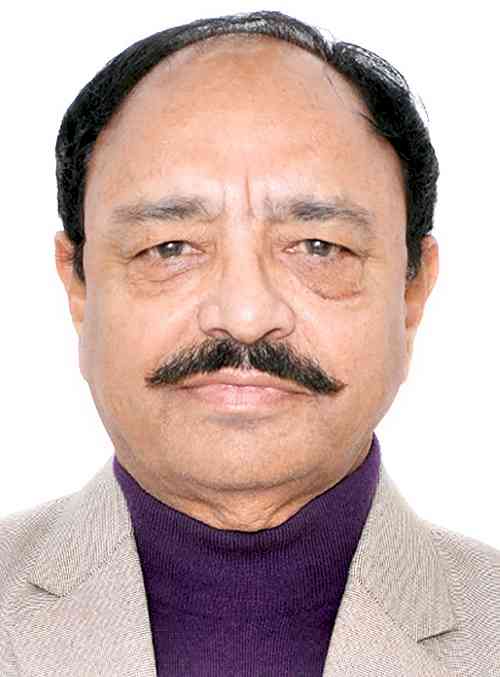IAEA chief calls on Iran to implement nuclear monitoring agreement
Rafael Grossi, the head of the International Atomic Energy Agency (IAEA), has called on Iran to take concrete steps to allow international monitoring of its nuclear programme.
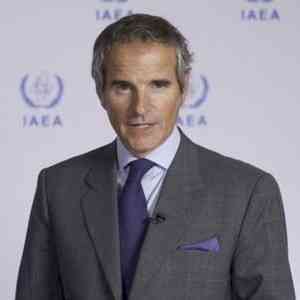
Vienna, May 7 (IANS/DPA) Rafael Grossi, the head of the International Atomic Energy Agency (IAEA), has called on Iran to take concrete steps to allow international monitoring of its nuclear programme.
Following talks with Iran's Nuclear Chief Mohammed Eslami in the central Iranian city of Isfahan on Tuesday, Grossi said that an agreement reached in March 2023 on checks on Iranian nuclear facilities was not being implemented fast enough.
Referring to the agreement, the IAEA Chief added that there had been a "slowdown in its implementation".
He called for "very concrete, very practical, tangible measures that can be implemented to accelerate the process".
Despite the 2023 agreement, Tehran in September withdrew permission for leading IAEA inspectors to work in Iran.
In addition, the agency has not been authorised to access data from some of its monitoring devices.
Eslami confirmed on Tuesday that implementation had been slow "due to some issues," blaming sanctions on Tehran.
However, Iran's state news agency IRNA said Eslami was hoping for positive developments after the talks with Grossi.
Eslami also warned against "hostile measures" against Iran's nuclear programme by Israel.
The two sides came to the brink of war in April when Iran launched direct missile and drone attacks on Israel in retaliation for an Israeli strike on the Iranian embassy compound in the Syrian capital Damascus.
Israel responded with an attack on a military facility in Isfahan, an important site for Iran's nuclear programme.
Iran initially committed to restricting its nuclear activities in a landmark 2015 agreement which saw sanctions on Tehran lifted.
The pact was torpedoed by then-US President Donald Trump in 2018.
Tehran has in recent years resumed enriching uranium to a level suitable for nuclear weapons.
--IANS/DPA
khz


 IANS
IANS 

